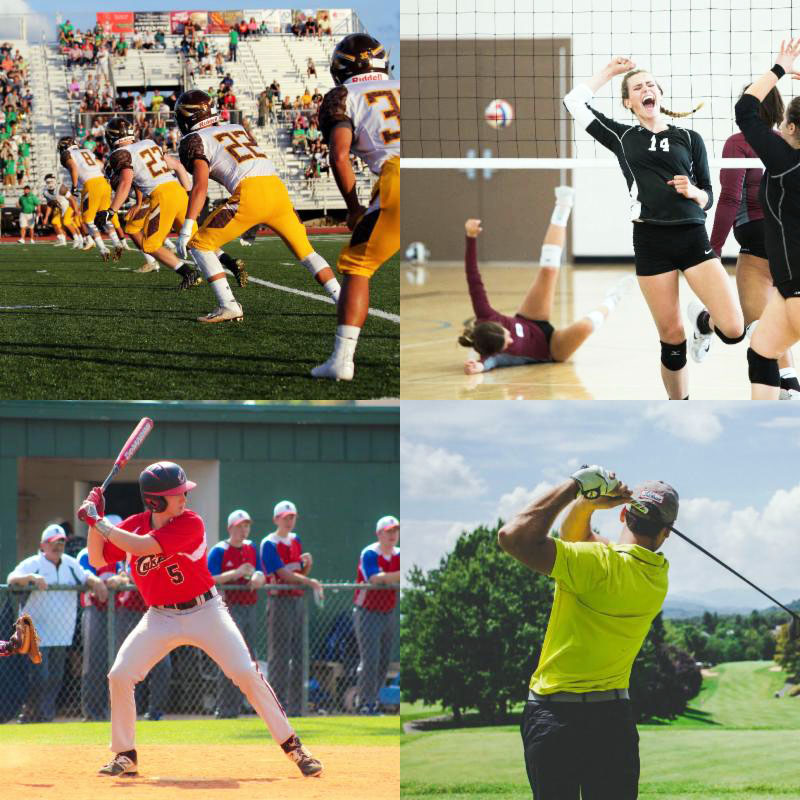Neurofeedback and Performance
Sports are the greatest test of concentration, flexibility and problem solving.
Increasingly we see more reports of competitive athletes drawing on the benefits of biofeedback and neurofeedback (biofeedback for the brain).
Many athletes including Kirk Cousins , Kerri Walsh-Jennings, and Lucas Giolito have shown the promise of using neurofeedback in sports. So, how does neurofeedback affect a person's ability to play sports?
Better Attention and Focus
Improves Emotional Control
Enhances Cognitive Skills
Enhances Sleep
Restores Brain Function After Traumatic Brain Injury
What is neurofeedback and why do athletes choose it?
Neurofeedback specializes in providing feedback on the kind of brain waves you produce. Many people who have trouble concentrating have an excess of very slow brain waves or very fast ones in the prefrontal cortex, the part of the brain that governs attention and concentration. Neurofeedback training focuses on reducing non-optimal brain wave activity and creating a calm, relaxed focus.
This type of attention training also helps distracted executives, moms and dads, and college students.
You may already be using biofeedback yourself. For example: Do you wear a Fitbit or other device to measure your walking? As the saying goes: "what we can measure, we can change." Please share the word and feel free to set up a time if you'd like to talk by going to Booking.
Happy Summer,
Diane
(with Lisa and Tricia)

